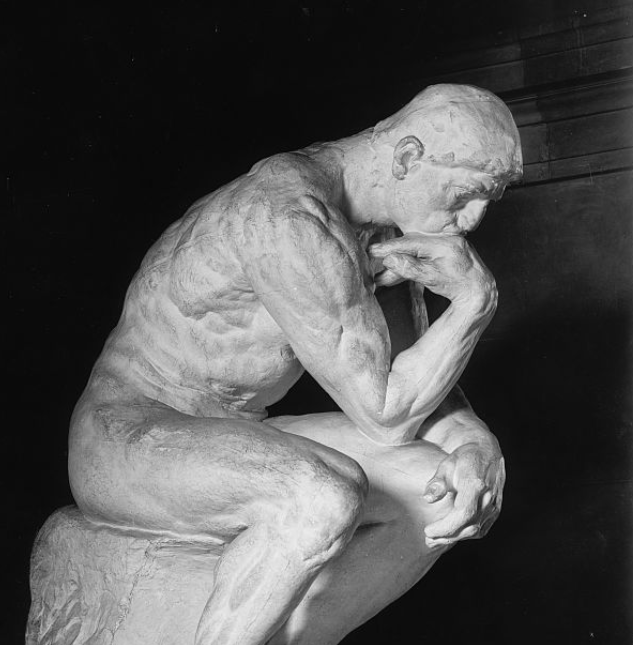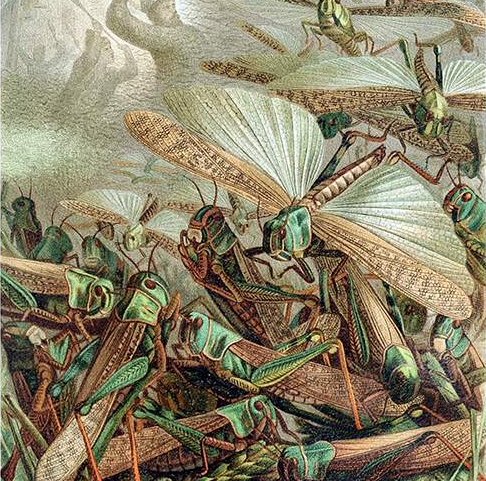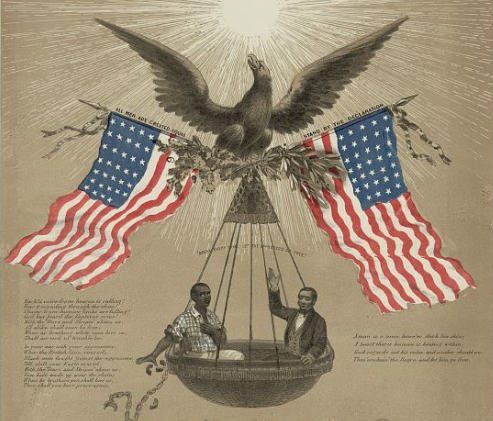It’s Sunday night and I check Twitter one more time before bed. I see someone has posted something about a social issue but did so in a way that I don’t think gives proper historical context to the situation. Feeling full of wisdom (or is it pride?), I decide that I need to reply to their tweet to offer up my expert insights and ensure that the record is correct.
The alarm on my phone buzzes at me at 6:15 on Monday morning. Bleary eyed I reach for the phone and silence the alarm. Time to check on all of my usual habit websites: Facebook, the news, hobby websites, Twitter…Oh there seems to be a lot of notifications on Twitter. Turns out that the author of that original tweet responded to my tweet. The author of that tweet also happens to be the creator of a popular animated Christian tv series for children and many of his followers felt the need to join the conversation. I should be getting ready for work, reading my Bible, praying….really anything other than responding to people on Twitter but there I was. And that set the tone for my entire day. I could have started my day differently. I could try and form better habits with my use of time.
How often do we create these situations for ourselves? How often do we get into political disagreements online? Or even if we aren’t participating, just simply consuming all the world has to offer via the internet or our televisions. All day every day, a staggering array of voices from various sources compete for our attention and try to push us to feel one way or another about other people in society. There’s always someone trying to sell us something and most often, especially with politics or social issues, what someone is trying to sell us is fear. 2 Timothy 1:7 tells us that God doesn’t give us a spirit of fear. The purveyors of fear are not of God. Politicians and their associates are some of the guiltiest parties in this regard. If candidate A gets elected, your rights on issue X will be lost! If candidate B gets elected, then our country will be lost!…fear. I’m speaking from an American point of view here and I apologize to our international readers if these experiences are not relatable in your local context.
I think about Philippians 4:8 a lot.
Finally, brothers and sisters, whatever is true, whatever is noble, whatever is right, whatever is pure, whatever is lovely, whatever is admirable—if anything is excellent or praiseworthy—think about such things.
I don’t know about the rest of you but for myself, there’s not much on social media or the news, or TV that resembles anything like what Paul tells us to think about in Philippians 4:8. What are we spending our time thinking about? Is it true and noble? Is it right and pure? Lovely? Admirable? Praiseworthy?
There was recently a #CancelNetflix campaign circulating around social media that was sparked by a movie Netflix purchased and distributed that many felt was sexualizing young girls. I haven’t seen it but the descriptions and movie poster seemed pretty despicable. However, when the #CancelNetflix tag was gaining steam, I couldn’t help but wonder if we were all just going to pretend like this is the first morally questionable content Netflix has released. Millions of Christians subscribe to Netflix and consume any number of morally bankrupt tv shows and movies on that service. Is this really the first objectionable thing you’ve seen on Netflix that makes you think that maybe financially supporting them isn’t being a good steward of the money God has given you? Is there much of anything true and pure about that service?
When I see the anger, outrage, broken relationships, and broken people lashing out on social media or posting attention seeking photos just for some validation of who they are as a person, I can’t help but think that so many of us have forgotten to think on what is lovely and admirable. To seek things that are excellent and praiseworthy. I write this article pointing a finger directly at myself and how I choose to use my time and the media I consume. We are called to be salt and light (Matthew 5:13-16) and for most of the history of the world people not only used salt as a flavoring but it was also a primary means of preserving food before the invention of refrigeration. Salt is a preserving agent that slows the decay of food. How can you be a preserving agent in the world? This phrase has been used a lot by many different people but maybe part of the answer is to consume less and create more. And if we are thinking about things that are true and noble and right and pure and lovely and admirable and praiseworthy, then maybe what we create will have a bit of that preserving nature of salt in it. Maybe we can create little slices of lovely content in a world intent on consuming messages of fear.




